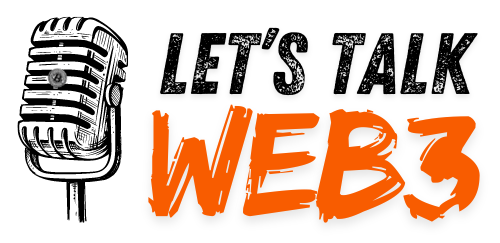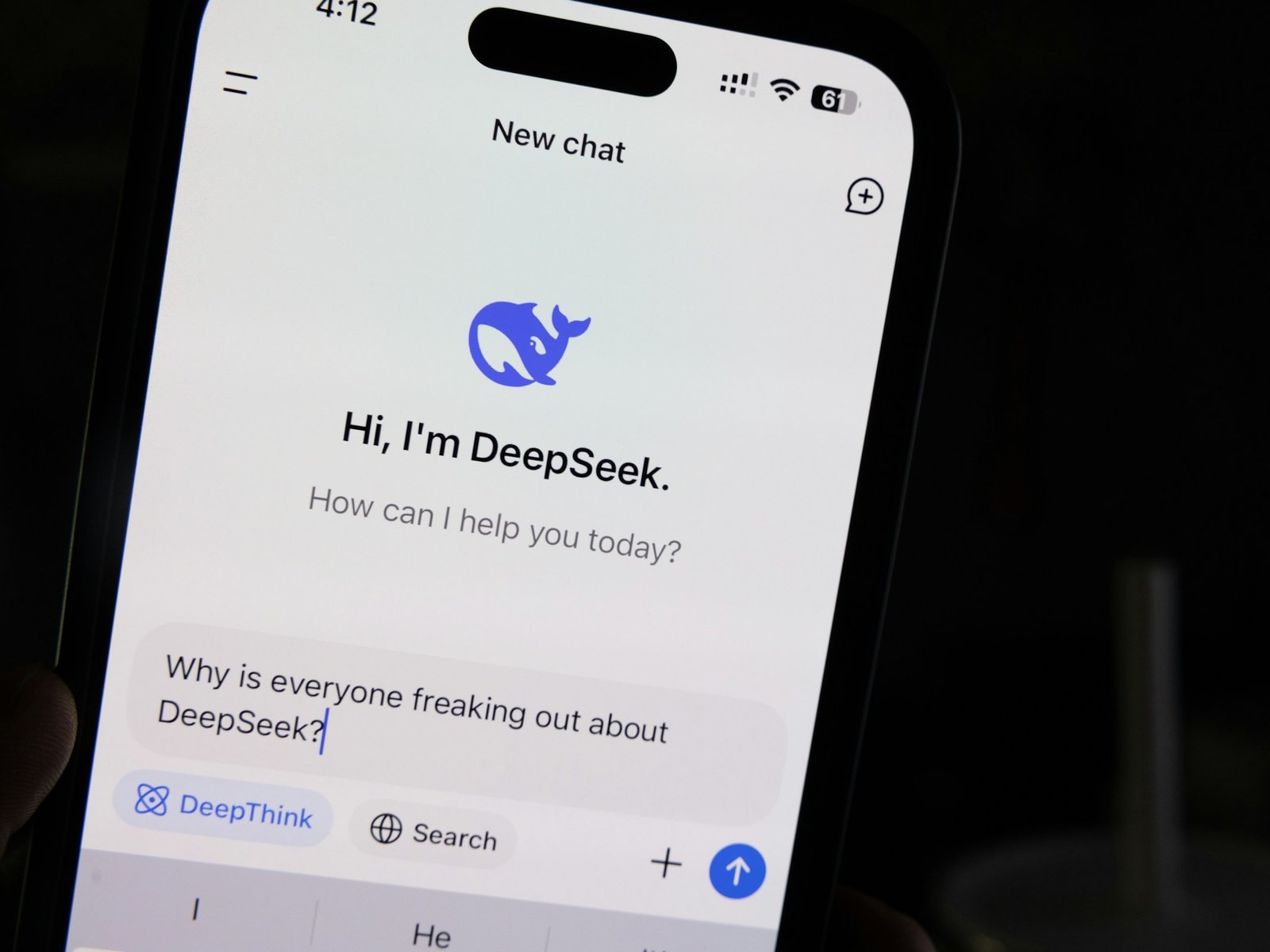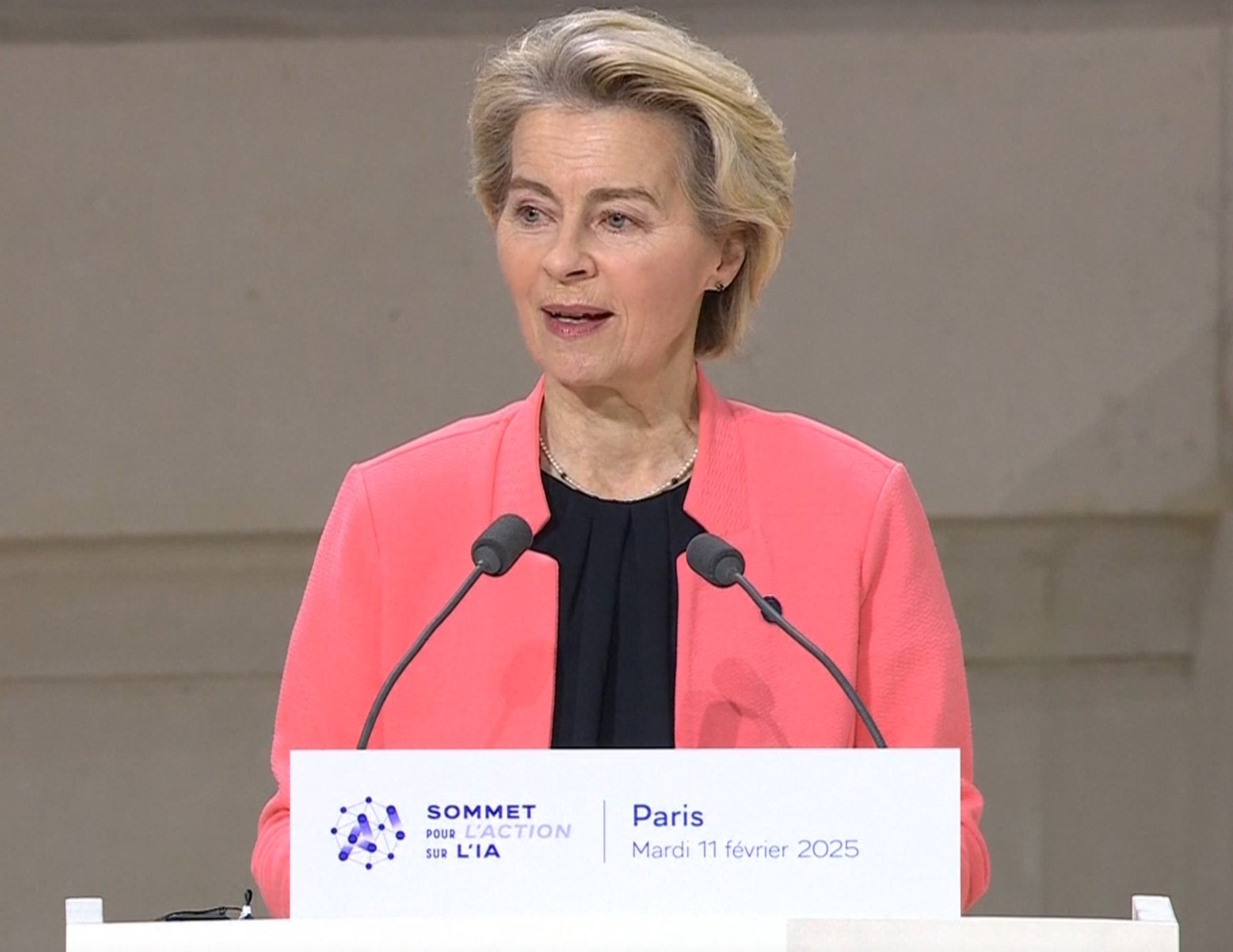US lawmakers are pushing for a DeepSeek ban after security researchers found the app transferring user data to a banned state-owned company.
DeepSeek, practically unknown just weeks ago, took the tech world by storm—gaining global acclaim for its cutting-edge performance while sparking debates reminiscent of the TikTok saga.
Its rise has been fuelled in part by its business model: unlike many of its American counterparts, including OpenAI and Google, DeepSeek offered its advanced powers for free.
However, concerns have been raised about DeepSeek’s extensive data collection practices and a probe has been launched by Microsoft and OpenAI over a breach of the latter’s system by a group allegedly linked to the Chinese AI startup.
A threat to US AI dominance
DeepSeek’s astonishing capabilities have, within a matter of weeks, positioned it as a major competitor to American AI stalwarts like OpenAI’s ChatGPT and Google Gemini. But, alongside the app’s prowess, concerns have emerged over alleged ties to the Chinese Communist Party (CCP).
According to security researchers, hidden code within DeepSeek’s AI has been found transmitting user data to China Mobile—a state-owned telecoms company banned in the US. DeepSeek’s own privacy policy permits the collection of data such as IP addresses, device information, and, most alarmingly, even keystroke patterns.
Such findings have led to bipartisan efforts in the US Congress to curtail DeepSeek’s influence, with lawmakers scrambling to protect sensitive data from potential CCP oversight.
Reps. Darin LaHood (R-IL) and Josh Gottheimer (D-NJ) are spearheading efforts to introduce legislation that would prohibit DeepSeek from being installed on all government-issued devices.
Several federal agencies, among them NASA and the US Navy, have already preemptively issued a ban on DeepSeek. Similarly, the state of Texas has also introduced restrictions.
Potential ban of DeepSeek a TikTok redux?
The controversy surrounding DeepSeek bears similarities to debates over TikTok, the social video app owned by Chinese company ByteDance. TikTok remains under fire over accusations that user data is accessible to the CCP, though definitive proof has yet to materialise.
In contrast, DeepSeek’s case involves clear evidence, as revealed by cybersecurity investigators who identified the app’s unauthorised data transmissions. While some might say DeepSeek echoes the TikTok controversy, security experts argue that it represents a much starker and documented threat.
Lawmakers around the world are taking note. In addition to the US proposals, DeepSeek has already faced bans from government systems in countries including Australia, South Korea, and Italy.
AI becomes a geopolitical battleground
The concerns over DeepSeek exemplify how AI has now become a geopolitical flashpoint between global superpowers—especially between the US and China.
American AI firms like OpenAI have enjoyed a dominant position in recent years, but Chinese companies have poured resources into catching up and, in some cases, surpassing their US competitors.
DeepSeek’s lightning-quick growth has unsettled that balance, not only because of its AI models but also due to its pricing strategy, which undercuts competitors by offering the app free of charge. That begs the question of whether it’s truly “free” or if the cost is paid in lost privacy and security.
China Mobile’s involvement raises further eyebrows, given the state-owned telecom company’s prior sanctions and prohibition from the US market. Critics worry that data collected through platforms like DeepSeek could fill gaps in Chinese surveillance activities or even potential economic manipulations.
A nationwide DeepSeek ban is on the cards
If the proposed US legislation is passed, it could represent the first step toward nationwide restrictions or an outright ban on DeepSeek. Geopolitical tension between China and the West continues to shape policies in advanced technologies, and AI appears to be the latest arena for this ongoing chess match.
In the meantime, calls to regulate applications like DeepSeek are likely to grow louder. Conversations about data privacy, national security, and ethical boundaries in AI development are becoming ever more urgent as individuals and organisations across the globe navigate the promises and pitfalls of next-generation tools.
DeepSeek’s rise may have, indeed, rattled the AI hierarchy, but whether it can maintain its momentum in the face of increasing global pushback remains to be seen.
(Photo by Solen Feyissa)
See also: AVAXAI brings DeepSeek to Web3 with decentralised AI agents
Want to learn more about AI and big data from industry leaders? Check out AI & Big Data Expo taking place in Amsterdam, California, and London. The comprehensive event is co-located with other leading events including Intelligent Automation Conference, BlockX, Digital Transformation Week, and Cyber Security & Cloud Expo.
Explore other upcoming enterprise technology events and webinars powered by TechForge here.





